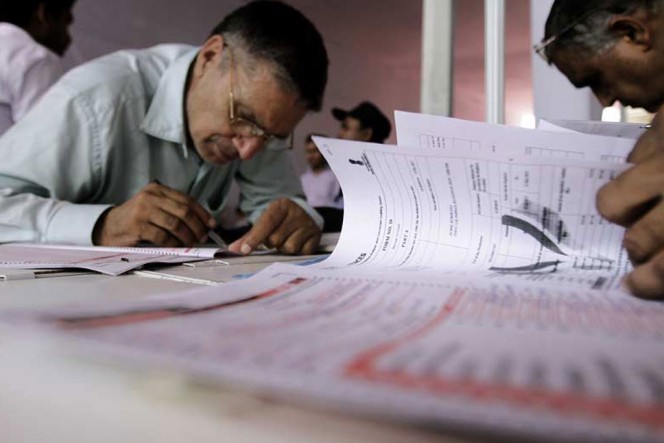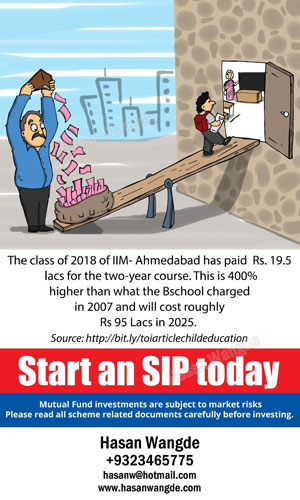Here is a list of expenses and investments, which at any point of time performed by you may invite undue attention from the Income tax Personnel.
- Depositing Cash aggregating to Rs.10 Lacs p.a. in your Savings Bank Account.
- Making Credit Card Payments of more than Rs.2 Lacs p.a.
- Investment in Mutual Fund Units worth more than Rs. 2 Lacs.
- Investment in Debentures or Bonds, amounting more than Rs. 5 Lacs
- Investment in Shares worth more than Rs. 1 Lakh.
- Investment in Gold ETF worth more than Rs. 1 Lakh.
- Investment in RBI Bonds worth more than Rs. 5 Lacs.
- Purchase or Sale of any Immovable Property exceeding Rs.30 Lacs.
- Receipt of Cash Payment exceeding Rs.2 Lacs for sale of any goods/ services.
- Cash deposits or withdrawals aggregating to Rs 50 lakh or more in a financial year in one or more Current Account.
The Next question which may strike us, Who provides the high value transaction information to Income Tax Department:
- Banks
- Mutual Fund Companies
- Companies Issuing Bonds/ Debentures
- Companies issuing shares
- Credit Card Companies
- Sub- registrar offices on real estate deals
- Gold Ornament Sellers
How can I trace my High Value Transactions reported to Income Tax Department?
The assesse can trace his/her high value transactions reported under AIR, in their 26AS Report under AIR section. Any transaction of the assesse which has been categorized as a High Value Transaction, will be reflected therein.
In the end, one last question which everyone might have. How to avoid receiving a notice from the IT department.
- The most important step is to file your Income Tax returns on time and file them correctly.
- Always re-check your Tax Credit with the 26AS statement.
- Disclose all your Taxable as well as Exempt income under the right head.






